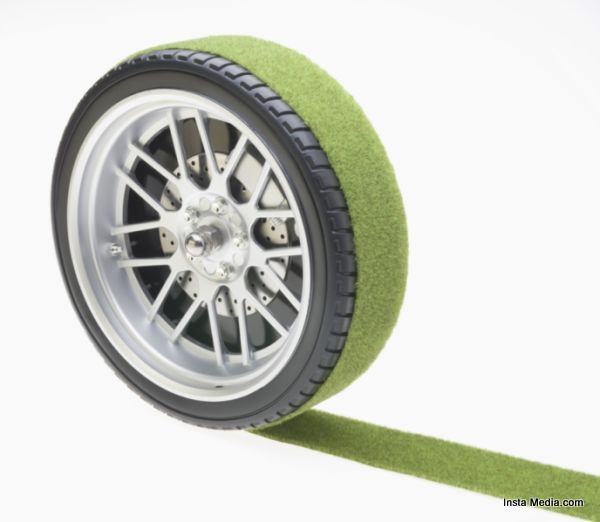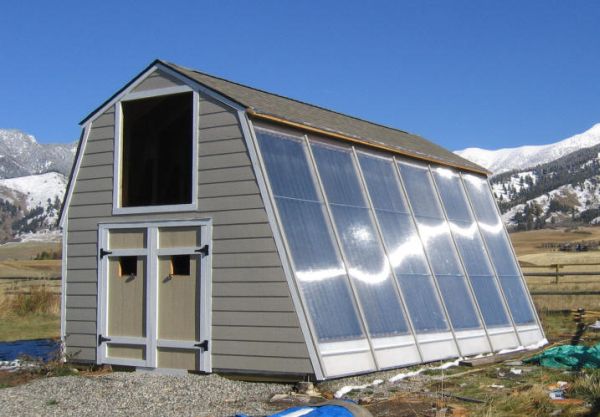If demand for tires keeps rising and raw material shortages persist, you may be driving soon on flowers and beans.

Eco Friendly Wheels
Researchers at the Fraunhofer Institute in Germany are working with tire maker Continental to develop a technique for producing tires from the tenacious and prolific weed. According to the two partners, dandelion juice can actually be transformed into rubber, providing an ecologically friendly source for tire production. The research and development phase is expected to last five years, after which Continental hopes to move towards adopting the technique for its tire production in Europe.
With more and more cars on the road everywhere from Beijing to Boston, tire manufacturers have been hard-pressed to overcome nagging shortages compounded by factory capacity problems, rising material costs and limited availability of natural rubber. Vehicle sales are booming. While sales in existing markets like the U.S., Japan and Europe may be relatively stagnant or declining, emerging markets are growing almost exponentially.
Natural rubber is a sustainable, renewable resource, but the problem is that the industry is growing so rapidly that keeping up is a problem. It takes about seven years for a rubber tree to go from seedling to a productive, mature plant. Natural rubber is primarily made by modifying latex collected from tapped rubber trees. Bridgestone relies on plantations in Liberia and Malaysia, but its competitors turn to resources in other parts of the world: Africa and Asia, South America and the Indian subcontinent.
Currently, researchers are experimenting with a variety of dandelion native to Russia — the only species currently capable of producing enough rubber to serve the purposes of the project. Researchers plan to present their first prototypes for dandelion-made tires five years from now.
Producing tires from dandelions which thrive across the Northern hemisphere is particularly of interest to European manufacturers such as Continental. Unlike rubber trees, which must be imported from areas with tropical climates, dandelions can be grown at or near European tire production sites, meaning that the costs and CO2 emissions related to the transport of the raw material are greatly reduced.
Summary:
At the Fraunhofer Institute for Molecular Biology and Applied Ecology dandelions are grown on a massive scale where researchers hope to turn the plants into rubber tires. Leading manufacturers like Bridgestone and Goodyear on a search for alternative materials as diverse as soybeans and Russian dandelions.



